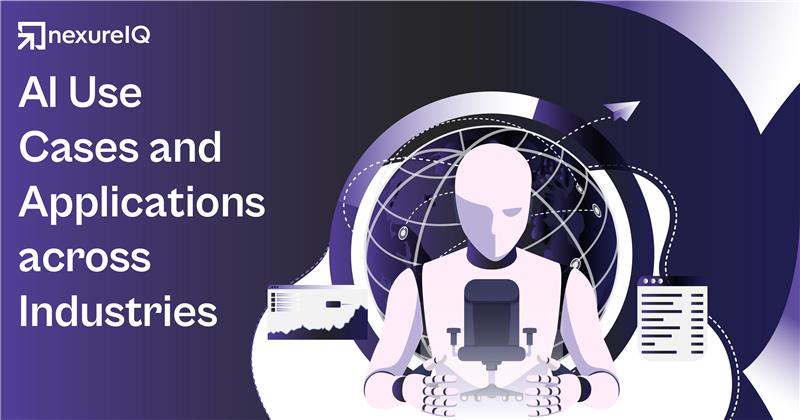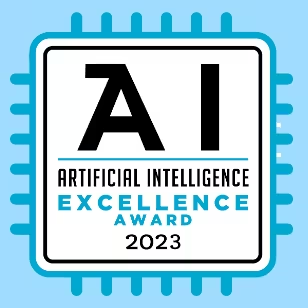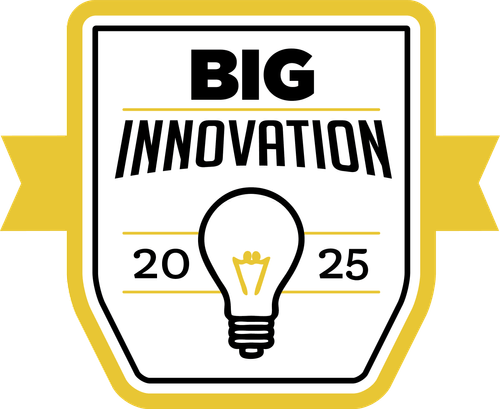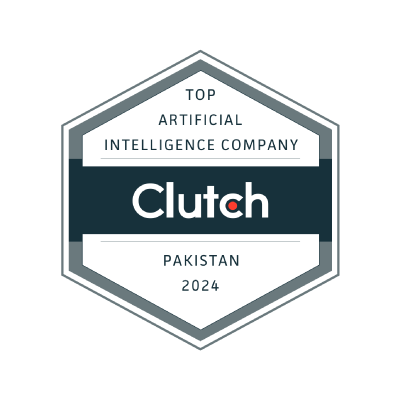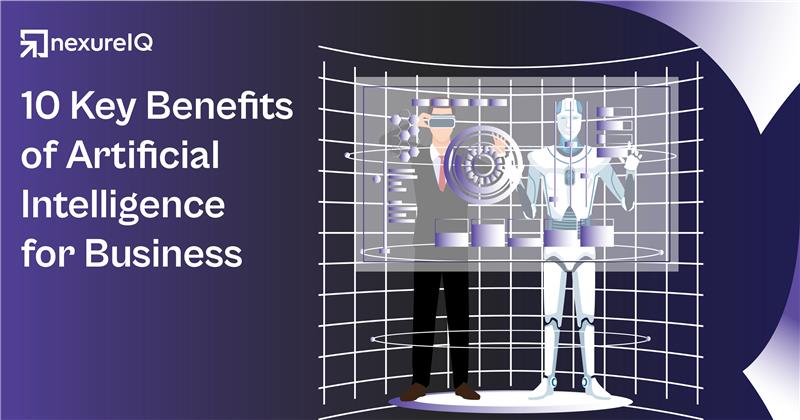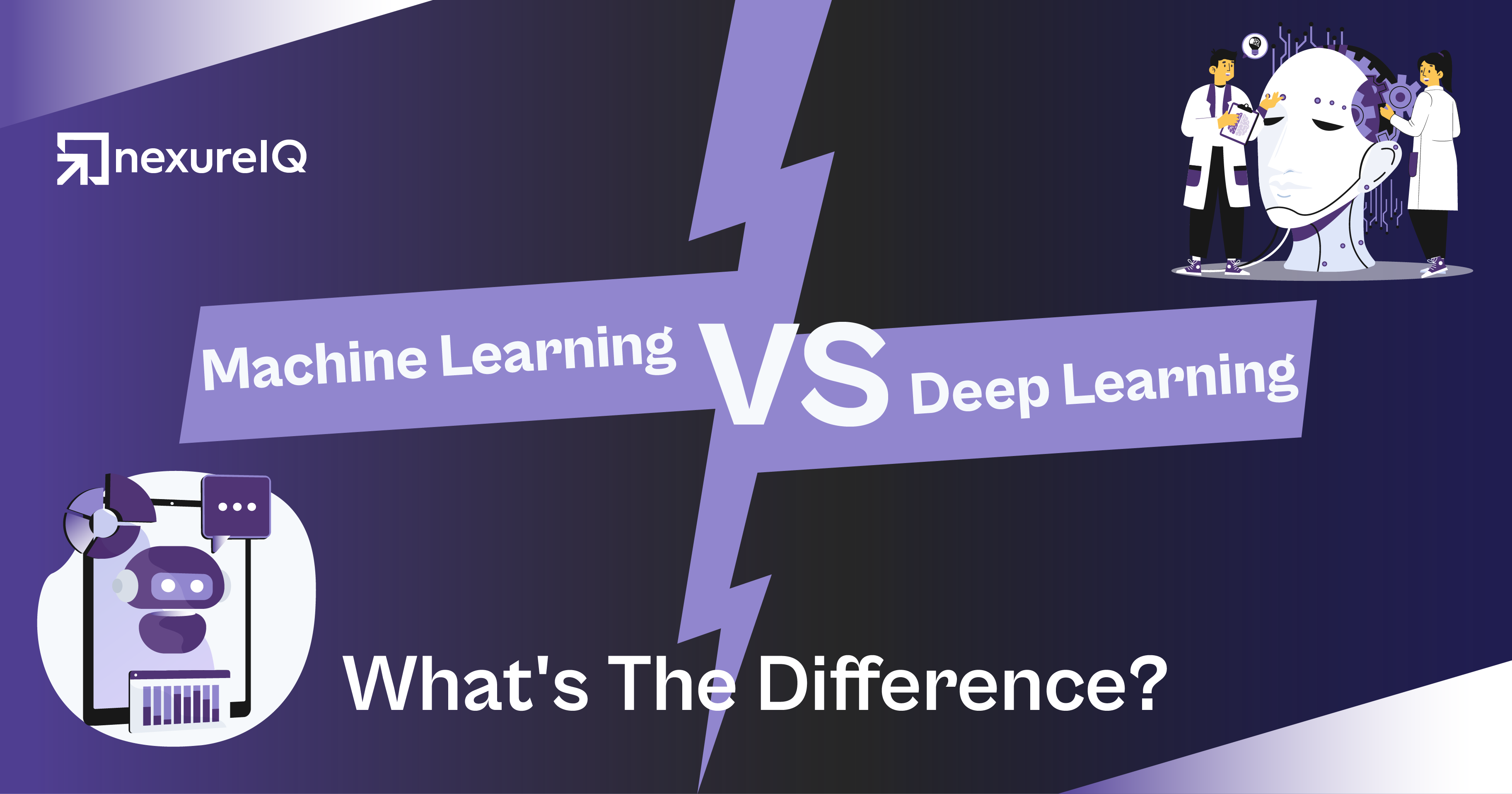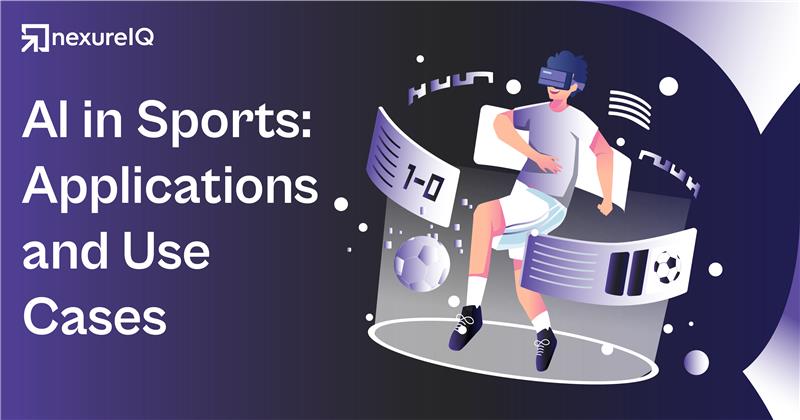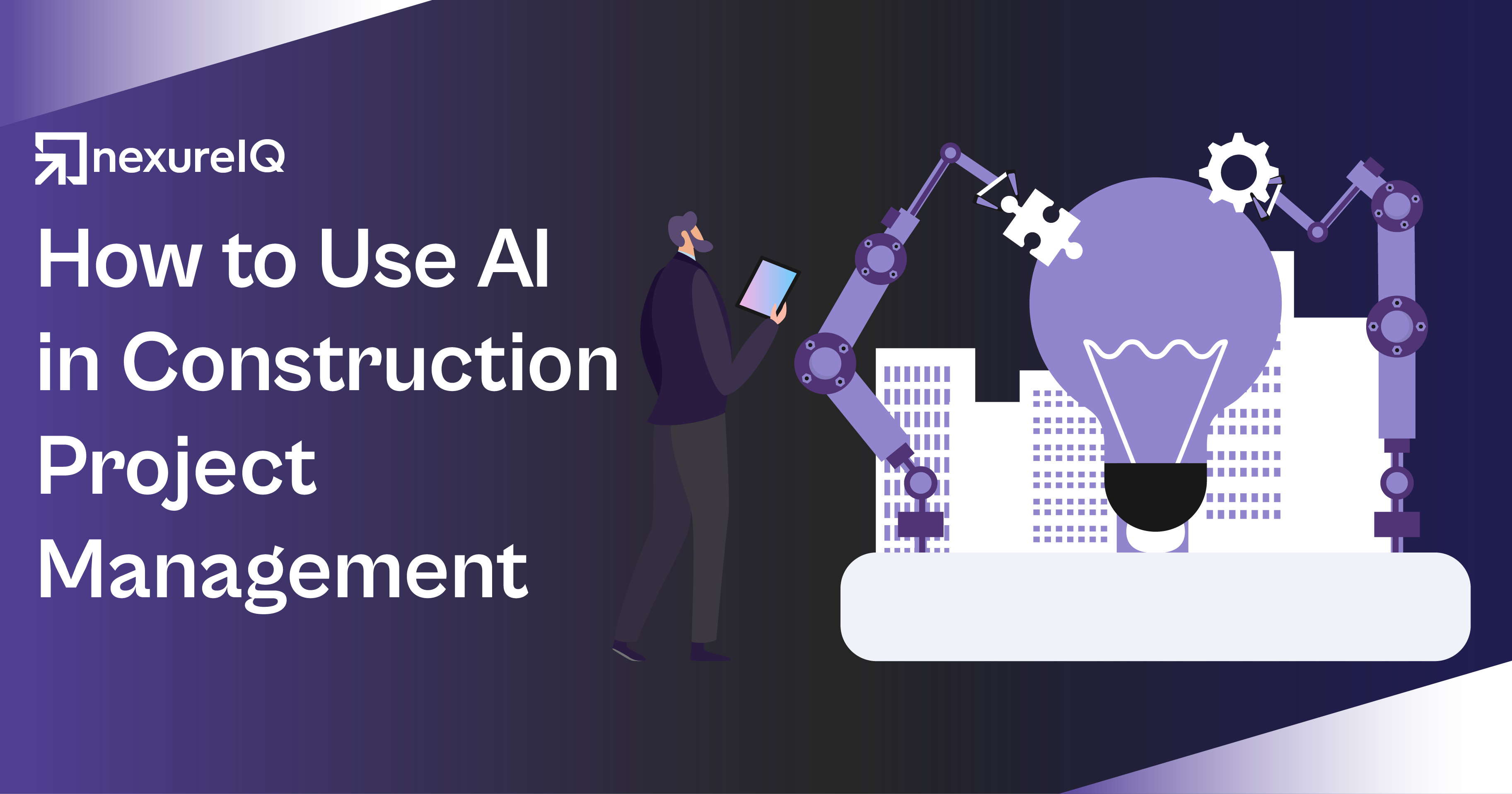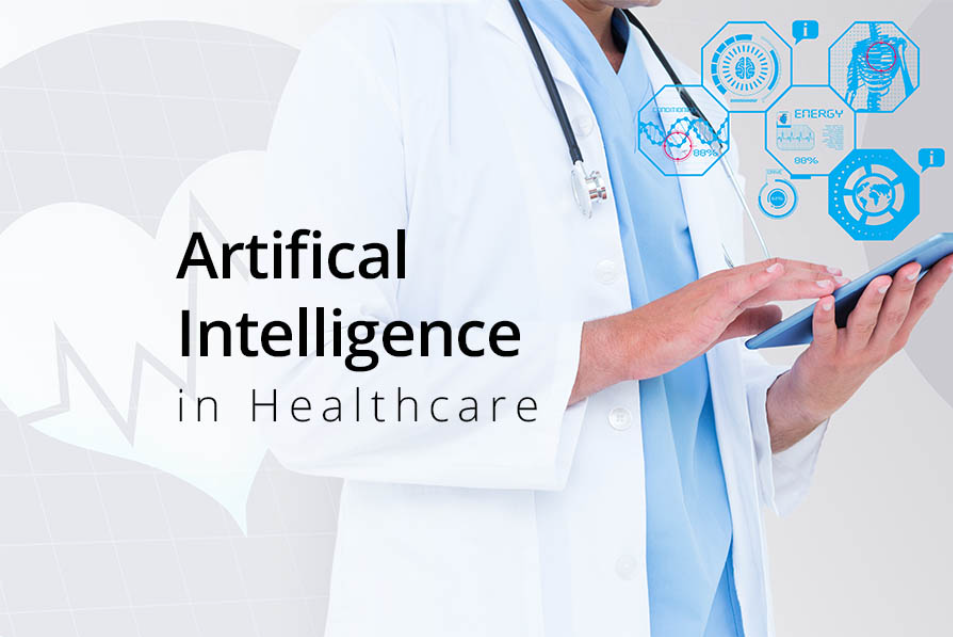Artificial Intelligence is swiftly and efficiently reshaping various business fields with operational transformation and improved customer satisfaction processes. The modern business processes use AI as it is an essential element in the whole organizational structure. It allows automated processes as well as decision making capabilities based on data. Some of the most common uses of AI include predictive analytics, chatbots, image recognition and fraud detection. Companies across different sectors are using business applications of artificial intelligence to stay competitive and drive efficiency.
Several industries impacted by AI include healthcare, finance, retail, manufacturing and energy. Businesses are worldwide adopting AI services for businesses to improve productivity and improve customer engagement . AI in service industry is specifically growing, with virtual assistants and AI based customer support transforming how companies interact with their clients.
The latest applications of AI are reshaping industries by allowing automation, real time data analysis and improved forecasting. Organizations are exploring enterprise AI use cases to optimize workflows, reduce costs and improve decision making. The combination of AI recommendation systems provides better customer satisfaction in retail and allows AI diagnostic support in healthcare drug development.
As AI adoption expands, businesses seek expert guidance through AI consulting and AI development services to integrate AI easily into their operations. The rise of generative AI development has opened new opportunities for content creation, automation and data analysis. Our company, Nexure IQ provides AI based solutions to help organizations implement AI effectively.
With the continuous advancement of future artificial intelligence applications, AI is all set to further revolutionize various sectors. Understanding what industries use AI the most and how to implement AI effectively will be key to stay ahead in an AI based and competitive world. This blog explores AI in different industries, its real world applications and how businesses can harness AI to transform their operations.
Role of AI in Business Operations
Modern business operations undergo fundamental transformations with AI’s ability to automate work procedures while also providing better management solutions and productivity. One of the most common uses of AI in business operations is process automation, which reduces manual labor and increases productivity. RPA and intelligent chatbots allow industrial businesses to automate their service delivery and supply chain processes and administrative work through robotic process automation. In the AI in service industry, businesses use AI based virtual assistants and chatbots to handle customer inquiries, reducing response times and improving customer satisfaction.
Another significant aspect of AI business use cases is data based decision making. Companies across various industries impacted by AI are leveraging machine learning and predictive analytics to analyze vast amounts of data and generate actionable insights. The application of AI in business helps organizations identify market trends, optimize inventory and detect fraud activities in real time. The financial sector uses artificial intelligence for two separate purposes which include credit risk assessment and fraud prevention as e-commerce platforms use AI to adjust their user interface systems. These common uses of artificial intelligence help businesses stay competitive in an increasingly data based world.
Many sectors in the marketplace are witnessing major innovations through AI advancements in their operations. The latest applications of AI in manufacturing include predictive maintenance and quality control. On the other hand, AI in energy sector is optimizing resource consumption and improving sustainability. Companies are also investing in AI services for businesses, like AI consulting and AI development services, to develop customized AI based solutions. With the rise of generative AI development, businesses can automate content creation, marketing campaigns and customer support functions.
By leveraging enterprise AI use cases, companies across industries using AI are transforming their operations, reducing costs and improving efficiency. Organizations that partner with AI development experts, like Nexure IQ, gain competitive edge in their respective industries.
AI Use Cases in Major Industries

Healthcare Sector
- AI based diagnosis and predictive analysis
Disease detection through AI in healthcare drive diagnostics leads to a major transformation. Top AI applications in healthcare include predictive analytics, helping doctors detect conditions like cancer and heart disease early. Modern medical image evaluation systems allowed by artificial intelligence technologies lead to more precise medical assessments as well asDecreased non technology errors.
- AI in patient care and virtual assistance
Hospitals use business applications of artificial intelligence to have better patient care with chatbots and virtual assistants. With AI solutions, health operations receive continuous support services while appointment scheduling and medical questions find solutions. Industries impacted by AI, like healthcare, benefit from AI based wearable devices for remote patient monitoring.
- AI in drug discovery and research
Artificial intelligence uses large database information to work for the discovery of potential pharmaceutical drugs. Enterprise AI use cases in healthcare improve research efficiency, reducing the time needed to develop new medicines.
- AI for administrative efficiency
Hospitals are using AI services for businesses to automate medical records management and easy billing. They are using resource allocation, reducing costs and improving operational efficiency.
Finance Sector
- AI in fraud detection and risk management
AI in finance is used specifically for fraud detection through pattern evaluation and alerting systems for irregularities. What industries use AI the most? Finance stands as one of these fields which uses AI based risk assessment models to boost security systems.
- AI in automated trading and investment
Financial institutions use generative AI use cases by industry for algorithmic trading, making data based investment decisions. Companies that use artificial intelligence like JPMorgan and Goldman Sachs AI based trading bots for market predictions.
- AI in customized banking services
Artificial intelligence apps for business improve customer experience by offering AI based financial planning tools and robotic advisors. A computerized system uses AI to approve loans while evaluating credit scoring for faster and better decisions.
- AI for cybersecurity and regulatory Compliance
Current AI applications in finance include AI based cybersecurity tools that protect against fraud and cyberattacks. Financial firms invest in AI consulting and AI development services to comply with regulations and strengthen security.
Retail and E-commerce Sector
Retail and e-commerce are among the leading industries impacted by AI, as businesses use artificial intelligence to improve customer experiences, optimize inventory management and drive sales. Some of the most common uses of AI in retail include AI based recommendation engines, personalized marketing, automated customer service and demand forecasting. These business applications of artificial intelligence are transforming how retailers engage with consumers, improve supply chain efficiency and boost revenue.
- AI based recommendation system and customization
One of common uses of artificial intelligence in retail is AI based recommendation engines. Amazon, Netflix and Alibaba implement AI algorithms which evaluate customer activities by their history of purchases and website browsing to generate customized recommendations for products. These enterprise AI use cases improve customer engagement and increase conversion rates.
- AI in inventory and demand forecasting
Retailers use AI services for businesses to optimize inventory levels and predict demand. The analysis of massive sales data along with seasonal trends and consumer behaviors has been made possible with AI analytics. AI drives data based inventory management that prevents stock deficit and excessive stock accumulation.
- AI chatbots and virtual assistance
AI based chatbots and virtual assistants improve AI in service industry, offering personalized shopping experiences and 24/7 customer support. AI based assistants support retailers with their question handling, order processing and real time product suggestions thus cutting expenses and boosting customer happiness.
- Future of retail and E-commerce
With advancements in future artificial intelligence applications, retailers are integrating AI based human less stores, augmented reality (AR) shopping assistants and AI based supply chain automation. Companies offering AI consulting and AI development services help retailers implement AI solutions effectively.
Manufacturing Sector
Manufacturing is one of the industries using AI extensively to improve production efficiency, quality control and predictive maintenance. AI applications in manufacturing include robotics, detecting errors, process automation and supply chain optimization.
- AI in predictive maintenance
AI based sensors working with predictive analytics systems can alert about machine breakdowns so manufacturers can cut down on equipment downtime along with maintenance expenses. Companies like Siemens and GE use AI business use cases to optimize machine performance.
- AI in quality control and defect detection
AI operated computer vision systems perform real time failure detection during production line analysis. These current AI applications help manufacturers maintain high product quality and reduce waste.
- AI in robotics and automation
Industrial robots allowed with AI technologies perform routine tasks, packaging operations and warehouse tasks which improve operational efficiency with reduced labor expenses. AI based automation is a critical part of business applications of AI in smart factories.
With advancements in generative AI development, manufacturers are implementing AI based design automation, smart supply chains and robotic process automation. AI development experts are helping companies integrate AI seamlessly.
Energy sector
AI in energy sector is transforming power generation, grid management and sustainability. Software analytics based on AI minimize energy usage and decrease environmental impact.
- AI in Renewable energy optimization
AI uses weather based predictions to help energy companies achieve the maximum efficiency from renewable power resources. These AI business use cases improve sustainability.
- AI in small grid management
By using predictive analytics with AI technology, the stability of power grids improves while fault detection and optimize power distribution. Companies like Tesla and Siemens use AI in different industries to manage energy efficiently.
- AI in energy consumption optimization
AI based smart meters identify how energy is consumed and make cost saving suggestions for commercial operations and domestic residences.
As future artificial intelligence applications advance, AI based energy forecasting, automated energy trading, AI based sustainability solutions will shape the energy sector.
Transportation and Logistics
Transportation and logistics are among the industries that use AI to improve efficiency, optimize routes and improve safety. AI automation technologies revolutionize supply chain operations while fleets management systems and autonomous vehicles operate autonomously.
- AI in autonomous vehicles
Companies such as Tesla, Waymo and Uber rely on AI based self driving technology for autonomous vehicles with the goal of eliminating human mistakes while making the roads safer.
- AI in supply Chain and route optimization
AI based delivery platforms optimize their routes through predictive analytics which leads to reduced fuel expenses and improved operational efficiency. These AI business use cases are essential for e-commerce logistics.
- AI in warehouse automation
AI robots together with automation systems optimize warehouse operations which allows better inventory management and order delivery.
- Future of AI in Transportation
With advancements in generative AI development, AI based traffic management, drone deliveries and automated logistics solutions will reshape the industry.
Education Sector
Education is one of the growing industries using AI, with AI based learning tools, virtual tutors and smart content recommendations improving the learning experience.
- AI in customized learning
The evaluation of student performance by adaptive learning platforms through AI allows them to create unique learning routes. These enterprise AI use cases help educators create custom curriculum.
- AI in virtual tutors and chatbots
The educational assistance by AI system gives instant feedback when students need help with homework or subject based questions. These AI in service industry solutions make education more accessible.
- AI in administrative automation
The automation of administrative duties including grading and scheduling as well as admissions work reduces the amount of work teachers and administration need to handle.
With future artificial intelligence applications, AI based immersive learning experiences, AI based student assessments and virtual reality (VR) education will become standard.
Agriculture
AI is playing a crucial role in modernizing agriculture, making it one of the most innovative industries impacted by AI. AI solutions through automation optimize agricultural output, simplify farming operations and improve resource management capabilities.
- AI in precision farming
Artificial intelligence systems on drones, sensors assessing soil qualities where they analyze disease risks and create optimal irrigation plans. These business applications of AI help farmers increase productivity.
- AI in weather and yield projections
Measurable weather predictions along with yield projections help farmers execute better agriculture planning.
- Future of AI in agriculture
With generative AI development, AI based vertical farming, automated crop monitoring and smart greenhouses will shape the future of agriculture.
Telecommunication Sector
The telecom industry is one of top industries that use AI extensively for network optimization, customer service automation and predictive maintenance.
- AI in network optimization
AI based performance analytics systems track network status to anticipate service interruptions which improves connectivity and decreases operational disruptions.
- AI in chatbots and virtual assistance
Telecom organizations implement AI based chatbots to provide various customer services including assistance with troubleshooting and billing issues.
- AI in fraud detection
The implementation of AI by telecom companies helps protect their systems by discovering fake SIM card usage and call spoofing fraud.
Future of AI in Telecommunications
With AI development services, AI based 5G optimization, real time network analysis and AI based cybersecurity will improve the telecom industry.
Cybersecurity
Cybersecurity is one of the most critical AI business use cases, with AI based threat detection, fraud prevention and security automation safeguarding businesses from cyber threats.
- AI in threat detection and prevention
AI security systems check network activity patterns to identify cyber threats as they occur thus stopping data breaches before they happen.
The future of AI in cybersecurity
With advancements in future artificial intelligence applications, AI based security analytics, automated threat response and AI based endpoint protection will redefine cybersecurity.
Like our company Nexure IQ, provide AI based security solutions, helping businesses improve their cybersecurity strategies.
Marketing and Advertising
- AI personalization and customer satisfaction
The advent of AI in Marketing and Advertising transforms brand, customer relations. Algorithm engines with artificial intelligence technology analyze user behaviors and preferences in order to give custom content delivery. This is one of the most common uses of AI, as seen in platforms like Amazon and Netflix, which use AI to suggest products and content.
- AI based content creation and Optimization
Marketers leverage generative AI use cases by industry to create customized ad campaigns, automated blog writing and social media posts. AI tools particularly ChatGPT and Jasper improve content strategy optimization to boost audience engagement.
- AI in ad targeting and performance analytics
AI uses large data sets to evaluate which advertisements produce best results for particular customer segments. Google and Facebook use business applications of artificial intelligence for automated bidding and real time ad optimization.
- AI chatbots and customer Interaction
AI based chatbots increase customer interactions because they offer immediate assistance and product suggestion capabilities. AI services for business use critical tools that decrease response time while driving up sales conversions.
Human Resources
- AI in recruitment and resume screening
AI systems in human resources simplify recruitment by conducting automated candidate assessment through their resumes. The AI based tool HireVue evaluates job candidate profiles which leads to reduced hiring duration and improved accuracy of selection processes. Artificial Intelligence has become readily adopted by corporate companies to execute this function. It is one of the most common uses of AI in the corporate sector.
- AI based employee engagement and retention
Companies use artificial intelligence apps for business to analyze employee satisfaction and predict employee layoffs. AI analysis of employee surveys and sentiment tools allow HR departments to improve workplace environments.
- AI for employee training and development
AI based learning platforms deliver customized employee training with career oriented education that match employee job tasks and work performance. AI is improving workforce skill development.
- AI for workforce Management and automation
HR departments use AI business use cases for workforce scheduling, payroll automation and compliance tracking to improve operational efficiency and reduce human error.
Entertainment and Media
- AI based content creation and curation
AI in Entertainment and Media is transforming content creation. AI generates scripts while automation performs video editing and AI provides music composition services to industry leading standards.
- AI in recommendations and customer engagement
Streaming services like Netflix and Spotify leverage top AI applications for audience analytics and customized recommendations, ensuring better user experiences.
- AI based advertising and revenue generation
Feedback analytics tools from AI systems examine viewer behavior which allows better ad position selection and pricing models. Companies that use artificial intelligence in media include Disney and YouTube, which use AI for ad monetization.
- AI for deep fake and virtual influencer
Social media branding and digital marketing have been transformed with deepfake technology. The virtual influencers which show the latest AI developments.
Real estate
- AI in property evaluation and market analysis
Applied AI technology evaluates real estate properties by performing market trend analysis, property value assessment and investment opportunity predictions. The platform of Zillow alongside Redfin employs AI to generate precise property valuations.
- AI in smart property management
Real estate security, energy efficiency and automated maintenance has been made possible by smart home technology that improves residential tenant satisfaction.
- AI in virtual tours and chatbots
Through virtual reality (VR) tours based on AI technology, potential property buyers have the ability to virtually explore properties from any location. The combination of AI chatbots with real estate transactions reduces errors to provide a smooth transaction process.
- AI in mortgage and loan processing
The application of AI based risk assessment platforms helps both creditors and lenders. They obtain precise mortgage results and faster loan processing outcomes.
Legal Services
- AI for legal research and document review
The use of AI in legal practice generates automated solutions for legal research, contract examination and document assessment processes. The AI based research platforms ROSS Intelligence and LexisNexis help lawyers minimize their research tasks and perform them more quickly.
- AI based contract analysis and risk assessment
Law firms use AI business use cases for contract automation, ensuring compliance and identifying potential risks. AI scanning tools both identify legal clauses within contractual agreements.
- AI in case management
AI examines historical judicial decisions to determine court outcomes which allows lawyers to develop improved strategic plans. AI based case management tools help law practitioners make their workflow operations more efficient.
- AI in virtual legal assistance and chatbot
AI based chatbots allow clients to receive legal advice through automated support for customer queries. They also focus on generating standard legal documents to improve access to legal services.
These enterprise AI use cases are transforming industries by improving efficiency, reducing costs and enhancing decision making. Companies seeking AI consulting and AI development services can benefit from AI based solutions tailored to their business needs.
How to Implement AI in Business Operations
The process of implementing artificial intelligence for business operations needs to be approached strategically. Organizations first need to evaluate their requirements then find appropriate AI tools before aligning AI with existing operational procedures. AI consulting firms help businesses choose the right AI technologies and create customized AI roadmaps.
The first step is the AI implementation that includes gathering data followed by analysis. Businesses need to provide large datasets containing quality information for their AI models to undergo training. AI development services play a crucial role in preparing data and selecting the right machine learning algorithms.
Next, businesses should invest in generative AI development to automate content creation, data analysis and decision making processes. Working with AI development experts delivers AI solutions aligned with business goals.
AI deployment requires businesses to place AI models within operational systems and to track their ongoing functioning. Nexure IQ offers AI based solutions that help businesses maximize efficiency.
How do We Transform Business Operations Across Industries?
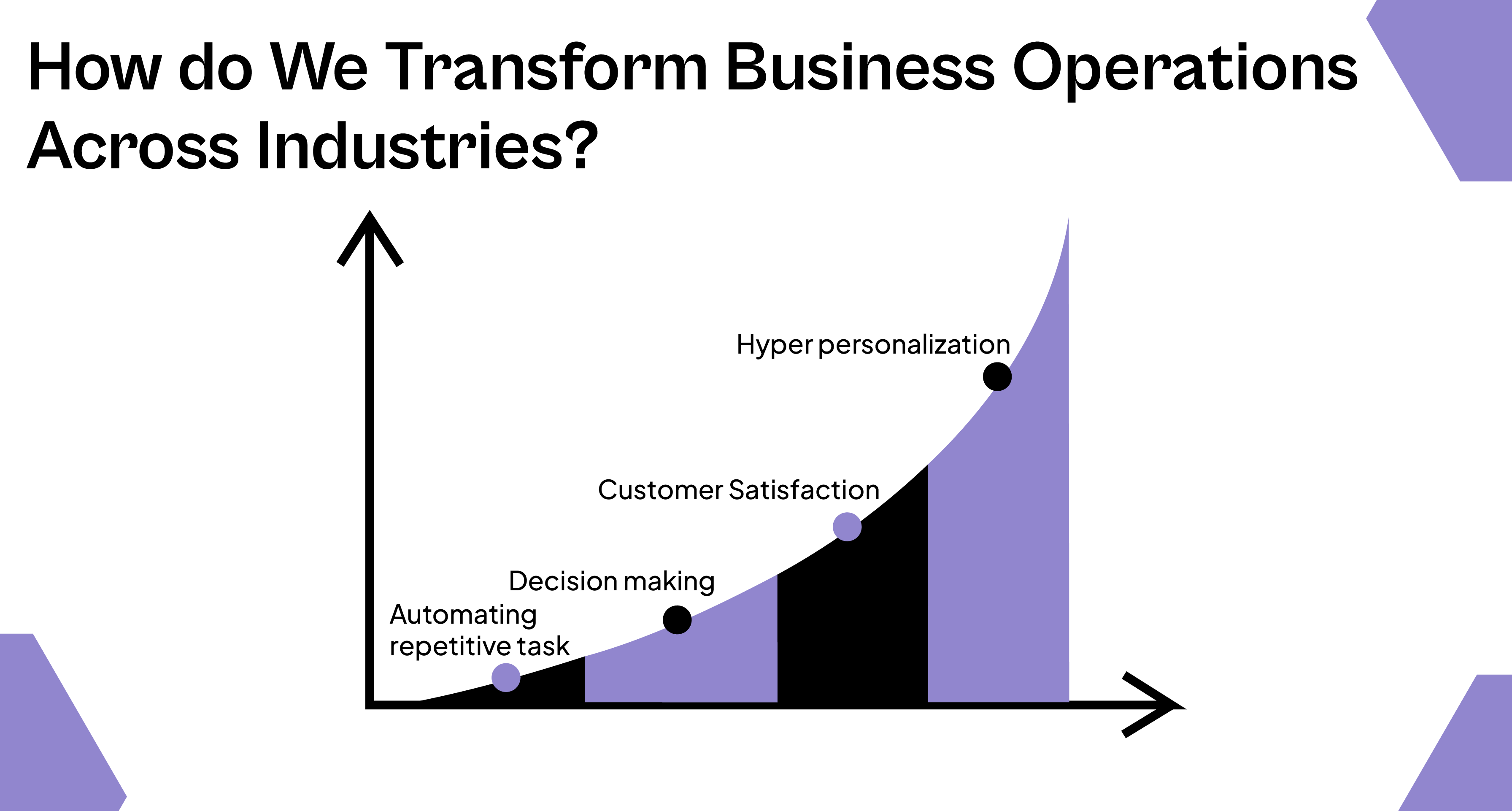
AI has set in motion fundamental changes to operational business activities in multiple industry sectors. Industries using AI are experiencing improved efficiency, cost reduction and innovation.
- Automating repetitive tasks:
One of the biggest transformations is the automation of repetitive tasks. AI based robotic process automation (RPA) smooth work processes so employees can focus on strategic tasks. In finance, AI based fraud detection and risk management improve security and compliance.
- Decision making
Another transformation is AI driven decision making. Artificial intelligence apps for business process huge data to get meaningful insights. AI based analytics tools help businesses make data driven decisions and stay competitive.
- Customer Satisfaction
AI is transforming customer interactions. AI based chatbots and virtual assistants offer 24/7 customer support. They reduce response time and improve customer satisfaction. Industries that use AI in customer service, like telecom and ecommerce, are witnessing higher engagement and retention rates.
- Hyper personalization:
AI also allows companies to deliver customized experiences based on customer preferences. Retailers use AI-based recommendation engines, and deliver services personalized content recommendations.
With enterprise use cases, businesses leverage artificial intelligence, optimize their operations, cut costs, and innovate. Companies that use artificial intelligence integrate AI into their workflows and grow long term.
Conclusion
Industries use AI to improve business processes, automate workflows, and enhance decision making. Learn about AI in different industries and business applications of artificial intelligence.
What are the most popular industries using AI?
Finance, healthcare, retail, manufacturing and energy are among the leading sectors incorporating AI to drive growth. Here are the latest applications of AI that are improving productivity, customer experiences and accelerating innovation.
Investing in AI consulting, AI development services, and AI development experts is vital for companies to adopt AI successfully. At Nexure IQ, we provide customized AI solutions to help organizations harness the power of AI.
As artificial intelligence continues to advance, future artificial intelligence applications will continue to revolutionize industries. Organizations that adopt AI will gain a competitive advantage, drive efficiency and create new opportunities for innovation.
By learning about use cases for AI in business, companies can incorporate AI easily and transform their operations for long term success.
FAQs
1. What are the most common uses of AI in business?
Most popular AI business applications include fraud detection, predictive analytics, customer service automation, personalized recommendations, and supply chain optimization. AI helps improve decision making, cut costs, and improve operational efficiency.
2. What are some examples of AI in the service industry today?
AI applications in the service industry include chatbots, virtual assistants, automated customer support, and personalized marketing. Companies use AI tools to enhance customer interactions, minimize wait times, and improve service quality.
3. What industries use artificial intelligence the most?
The industries that use AI the most include healthcare, finance, retail, manufacturing, energy, transportation, education, agriculture, telecommunications and cybersecurity. AI based solutions optimize operations and efficiency across industries.
4. What are the latest applications of AI in retail and ecommerce?
The Latest applications of AI in Retail and Ecommerce Artificial Intelligence based recommendation engines, inventory management, automated chatbots and cashier less stores. AI improves customer experience, streamlines operations and boosts sales.
5. How is AI transforming the energy sector?
AI in Energy Sector is used for Renewable Energy Forecasting, Smart Grid Management, Energy Consumption Optimization and Predictive Maintenance. AI based analytics reduce cost and improve energy efficiency
6. How much does it cost to deploy AI in transportation and logistics?
Cost of AI in transportation and logistics depends on the final goal. AI based route optimization tools are about $50,000 while developing self-driving technology exceeds $10 million due to R&D and regulatory requirements.
7. How long does it take to implement AI in education?
Adoption time for AI in education can take 3-12 months for AI based tutoring platforms and up to 2 years for AI based customized learning systems and smart assessment tools.
8. What are the cost considerations for adopting AI in agriculture?
Using an AI based drone to monitor crops will cost you at least twenty thousand dollars while large-scale AI-powered precision farming solutions can cost over a few lacs dollars.
9. How long does it take to deploy AI in telecom?
It takes 6 months to 3 years to deploy AI in telecommunications. AI chatbots for customer service can be deployed in months. But AI based network optimization takes longer due to data processing and system integration.
10. How much do AI based cybersecurity solutions cost businesses?
AI In Cybersecurity Costs $50,000 for AI based threat detection tools to $1 million+ for enterprise security automation systems. Cost depends on company size, data sensitivity and compliance needs.
